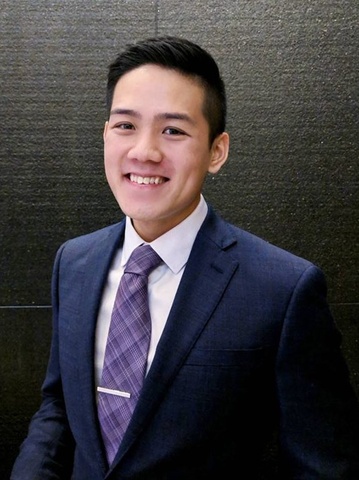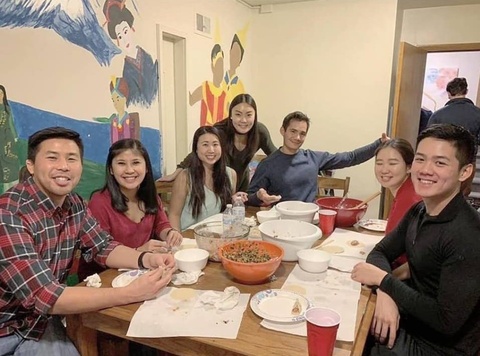Have You HERD Some Good News is a new series of articles led by the medical student leadership of the Rubin Flocks learning community at the Carver College of Medicine. The articles focus on sharing the work of health science students outside the clinics and classroom to celebrate the talented students on the health science campus.
In 1993, the Asian Pacific American Medical Student Association (APAMSA) was created by a group of insightful medical students who were motivated to address health disparities in Asian Pacific American communities. In 2018, student leaders at the Carver College of Medicine started their own APAMSA chapter that has quickly grown and been awarded for its efforts.

The Carver College of Medicine chapter of APAMSA has been active in the community especially on the health science campus. Last winter, the groups put together a talk on the importance of genetic diversity for bone marrow transplant donations while partnering with Be The Match to register potential donors. Current registries have difficulty matching the need for recipients of Asian-Pacific, African, and Hispanic ethnicities which inspired APAMSA to host this event and educate students on the importance of representation in the donor database. APAMSA wanted to send the message that race and ethnicity are more than just matters about identity; they can also influence life and death matters.
When reflecting on his first year, Calvin fondly recalls the celebration of the Chinese New Year at the Asian Pacific American Cultural Center as a shining example of APAMSA’s mission. Students from all backgrounds came together to enjoy an evening that celebrated the traditions of all Asian cultures which each have different variations of Lunar New Year festivities. Students shared family traditions while MSTP student Qi Wang helped her classmates make traditional Chinese dumplings. This celebration of diversity and community is exactly what makes APAMSA so special.
Calvin plans to take his experience with this organization forward to help inform his career. He has an interest in psychiatry and its interaction with Asian Pacific American communities. He plans to work with other motivated leaders of APAMSA to create opportunities at Carver that allow students to participate in Asian Pacific American health issues and train the future physicians of Carver to practice with cultural competence. Outside of medicine, Calvin has appreciated the opportunity to reconnect with his roots as a Vietnamese American by practicing speaking Vietnamese. He also is learning Mandarin Chinese and Japanese in his free time to explore other Asian cultures.

Interview and article by Mason LaMarche, M2. Health science students, would you like to share your work outside of school with Have You HERD Some Good News? Email mason-lamarche@uiowa.edu to find a time for a brief interview!